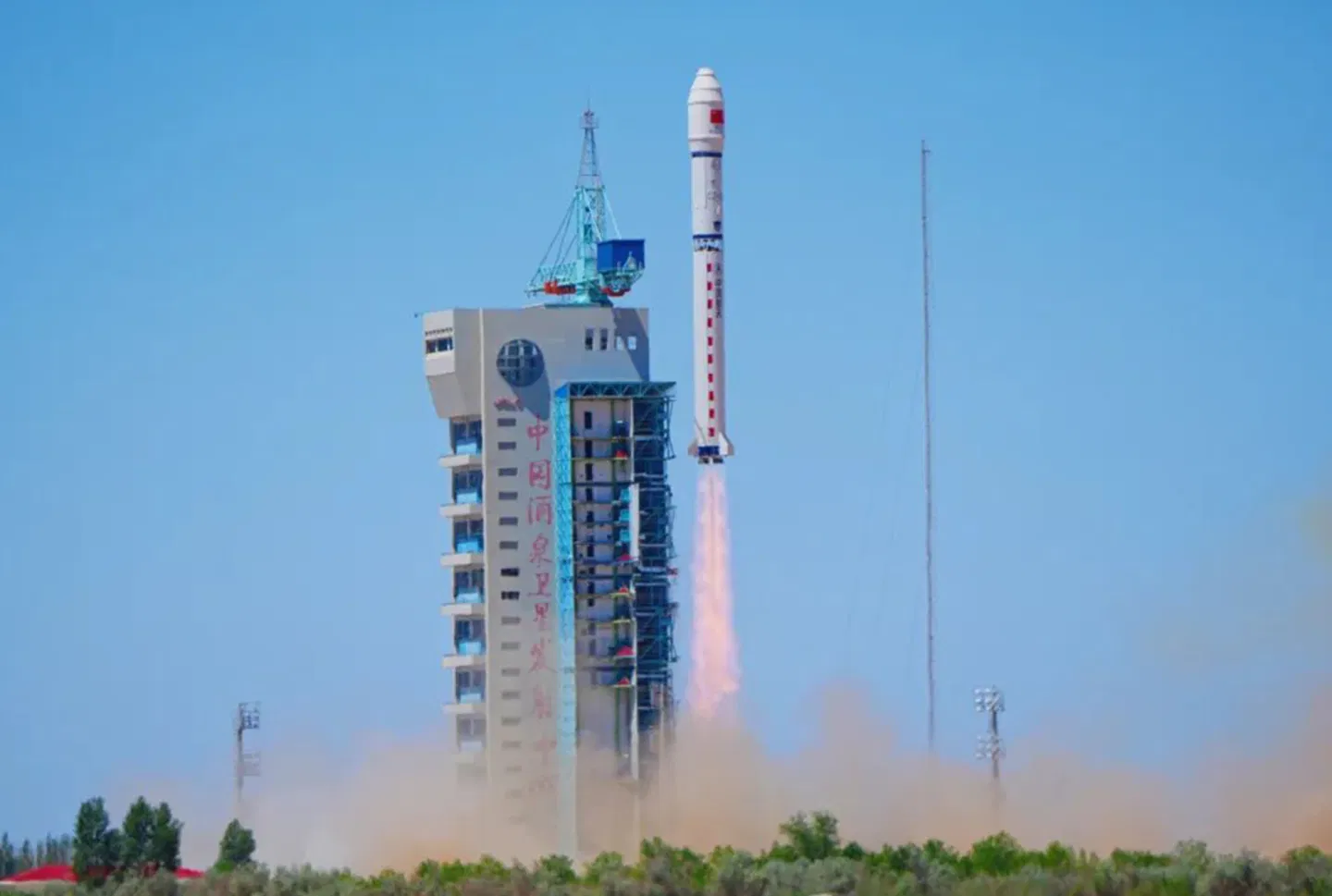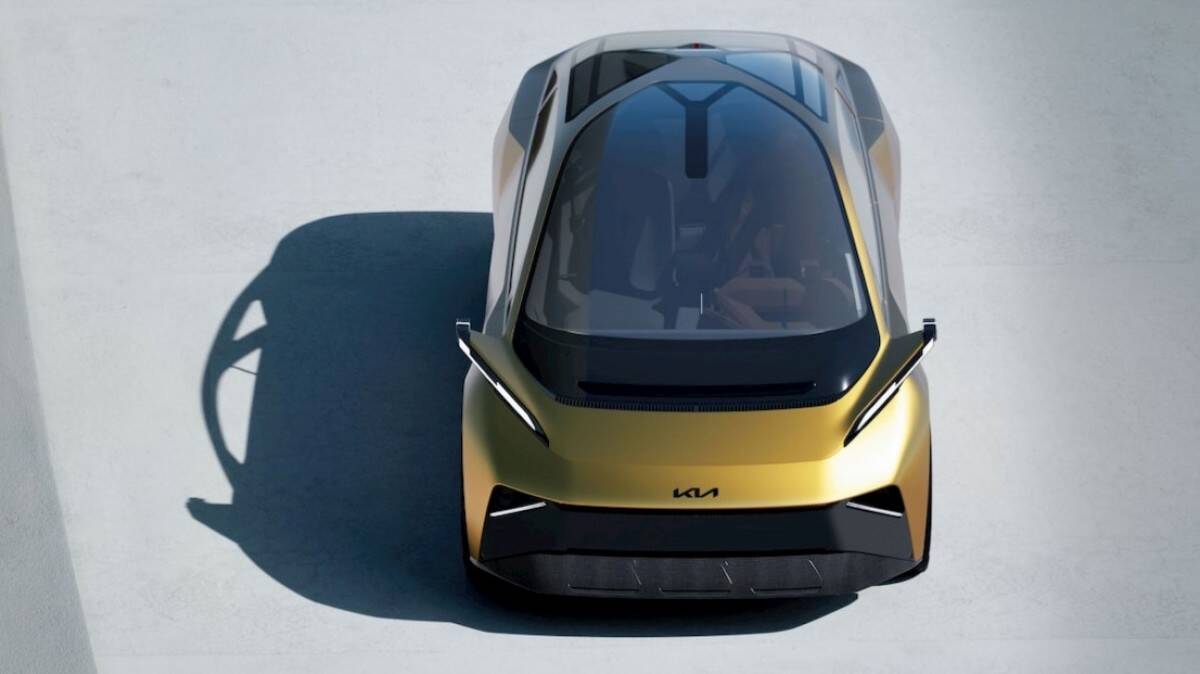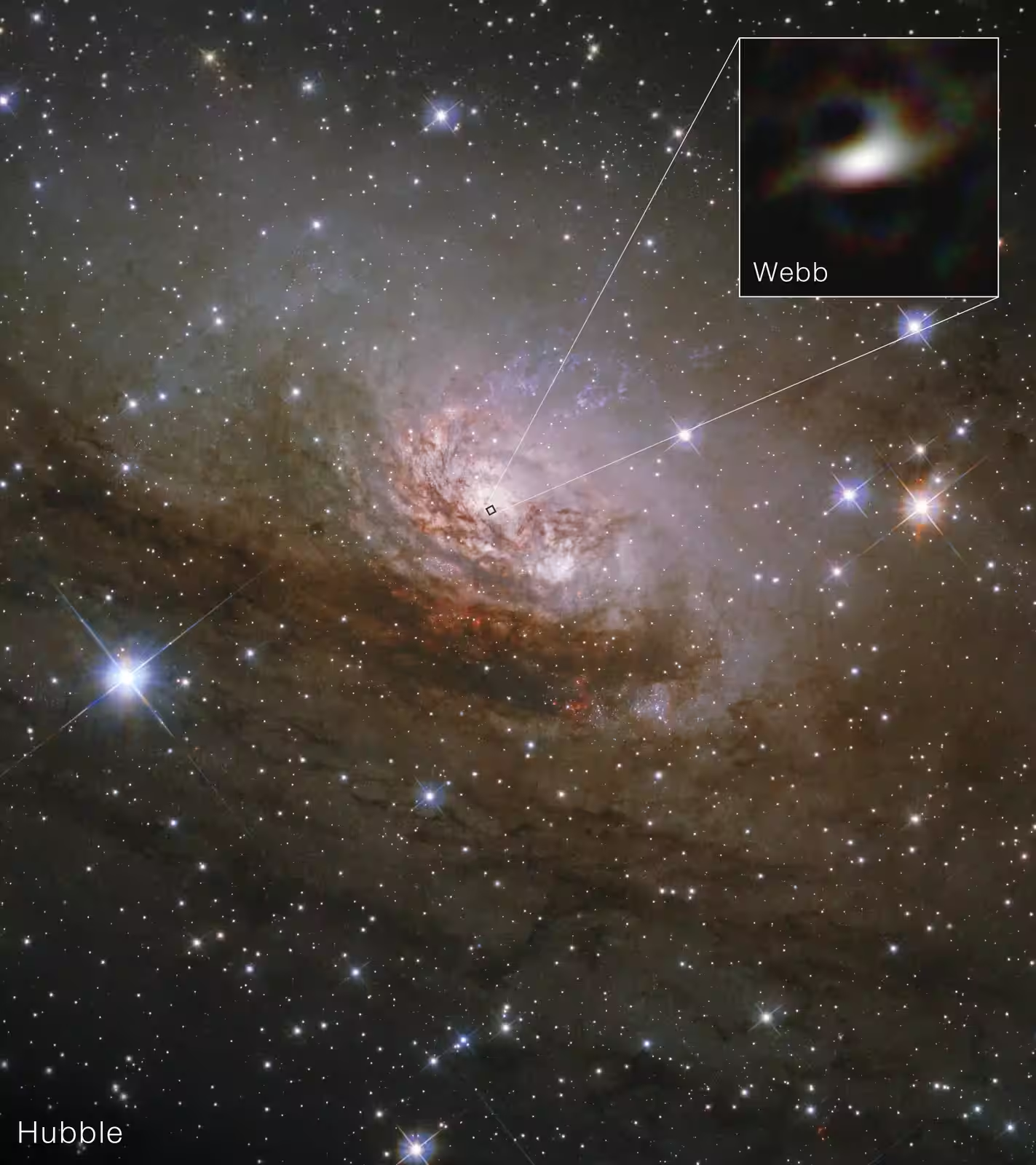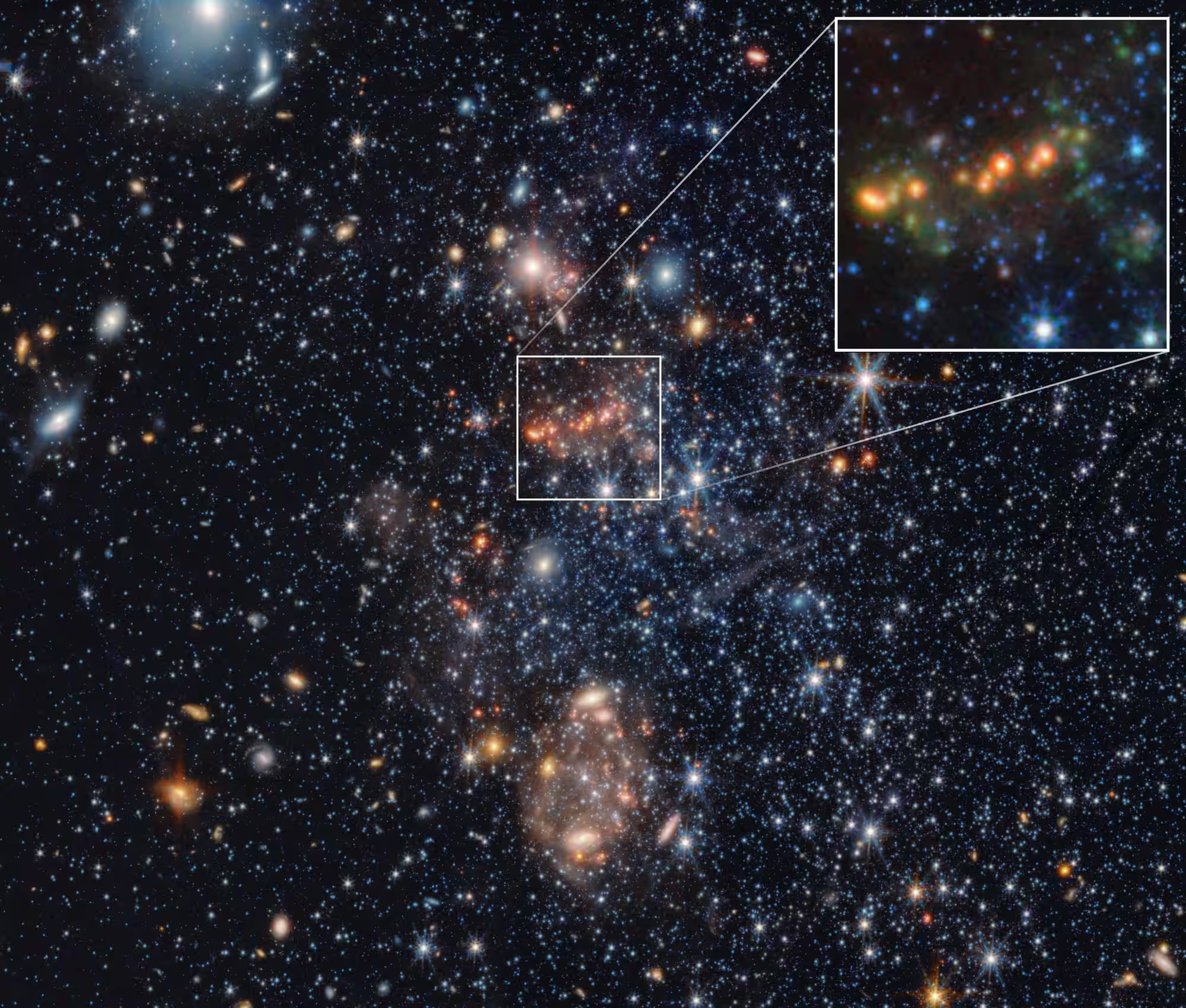China has begun assembling a supercomputer in orbit

ADA Space has rolled out the first 12 satellites of a future network for 2,800 AI devices.
Chinese company ADA Space together with Zhijiang Laboratory and Neijang High-Tech Zone Technopark, has launched into space the first 12 satellites of a planned network of 2,800 space computing devices, according to Space News. The constellation will form the basis of an orbiting supercomputer capable of processing data directly in space without the need for ground-based infrastructure.
An orbiting supercomputer will be the basis of an orbital supercomputer capable of processing data directly in space without the need for ground-based infrastructure.
The program is called Star Compute, and the series of satellites launched is part of the so-called “Three Body Constellation” -in honor of Liu Cixin’s sci-fi novel of the same name. Each of the satellites is equipped with an 8-billion-dollar AI model and is capable of performing up to 744 trillion operations per second (TOPS). The combined performance of the first 12 machines reaches 5 POPS (peta operations per second). The project aims to reach a capacity of 1000 POPS by deploying all 2,800 satellites.
The satellites use laser links of up to 100 Gbps to communicate with each other, and the total distributed storage capacity is 30 TB. In addition to computing, the vehicles carry scientific instruments, including X-ray polarimeter to record gamma-ray bursts and other short-lived cosmic events.
The satellites are also equipped with an X-ray polarimeter to record gamma-ray bursts and other short-lived cosmic events.
ADA Space notes that the satellites can also create digital 3D doubles of Earth, opening up opportunities for emergency response, tourism and gaming projects.
According to the South China Morning Post, less than 10% of the data collected by traditional satellites ends up being transmitted back to Earth due to communication channel and bandwidth limitations. The new approach allows the information to be processed in situ, reducing delays, power consumption and carbon footprint – thanks to solar power and heat dissipation into outer space. Astronomer and space historian Jonathan McDowell of Harvard University believes that similar projects could be undertaken by the US and EU in the future.
The story China begins assembling a supercomputer in orbit was first published at ITZine.ru.








